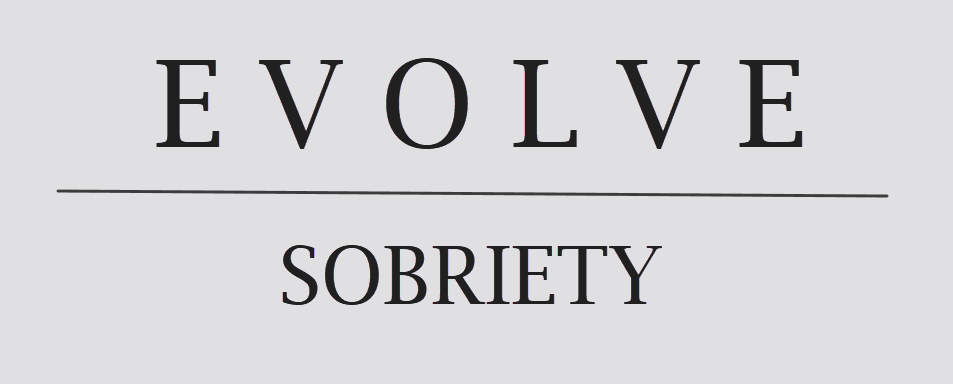Overcoming Non-Familial Obstacles in the Recovery of Mental Health and Addiction

Recognizing Non-Familial Problems
Outside the domain of family dynamics, there are intricate issues that affect people on their own. These non-familial issues include a wide range of difficulties, such as mental health illnesses, behavioral health challenges, addiction, and substance abuse. These problems can have a big impact on someone’s everyday life and general well-being, regardless of family relationships.
Understanding the Signs of Non-Familial Mental Health Issues
Understanding non-family mental health problems entails interpreting non-obvious but telling symptoms. These could show up as ongoing uneasiness, unexpected mood swings, abrupt behavioral changes, or trouble controlling urges. It is essential to identify these symptoms in order to provide prompt assistance and focused support.
Coping Mechanisms Designed for Non-Familial Difficulties
There are more non-family coping strategies than only the traditional ones. It is essential to seek expert advice from counselors, addiction therapists, or specialized rehab facilities. In addition, adopting mindfulness techniques, building a robust support system, and incorporating healthful lifestyle practices are essential for overcoming these obstacles.
Improving Assistance for Non-Familial Challenges
Assistance for those facing difficulties that are not related to them takes a multifaceted approach. It is essential to have access to mental health services, rehab facilities, and specialist addiction treatment in all Canadian cities. Effective help is based on fostering an atmosphere of open communication, lowering social stigma, and providing a nurturing environment.
Personalized Addiction Treatment for Non-Familial Issues
Specialized addiction treatment and rehabilitation programs that target non-familial difficulties can be found in cities like Toronto, Montreal, and Calgary. These programs are carefully designed to support those dealing with behavioral health issues, addiction, or substance misuse, regardless of their family background.


Integrated Behavioral Health Services with Dual Diagnosis
Professional services in Winnipeg, Quebec, and Ottawa provide dual diagnosis care, which is effective in treating addiction and mental health issues at the same time. In addition, those dealing with these non-familial difficulties can receive customized treatment from behavioral health clinics located in Manitoba, Halifax, and New Brunswick.
Getting Access to Various Treatment Solutions for Non-Familial Problems
Diverse treatment alternatives are available for mental health difficulties that are not familial in Alberta, Newfoundland and Labrador, or Prince Edward Island, both inpatient and outpatient facilities. These programs put an emphasis on providing tailored care that goes beyond family dynamics to address each person’s specific needs.
Final Thoughts: Embracing the Journey Away from Family Dynamics
Non-familial difficulties are a broad category of addiction and mental health issues that affect people without regard to their families. Acknowledging these obstacles and pursuing specialized assistance from addiction counselors, treatment facilities, and mental health providers across Canada enables people to set out on a unique path to recovery and wellness, irrespective of their family situation.
FAQs
1. How do non-familial problems differ from other mental health conditions?
The obstacles that people confront outside of family relationships are known as non-familial challenges. They cover a wide range of problems, including drug addiction, mental illness, behavioral health difficulties, and addiction.
2. What effect do obstacles that are not family have on a person’s mental health?
Non-familial difficulties can have a substantial negative effect on mental health by presenting as chronic anxiety, mood swings, behavioral abnormalities, or difficulties controlling one’s impulses. These difficulties frequently call for specialist assistance and action.
3. How may non-familial difficulties be addressed with the help of professional guidance?
It is essential to get professional assistance from counselors, addiction therapists, or rehab facilities. These professionals provide specialized techniques and assistance to properly treat non-family mental health concerns and addiction challenges.
4. Do special treatment plans exist for issues that are not familiar?
Indeed, there are programs for specialist addiction treatment and rehabilitation available in many Canadian cities, including Toronto, Montreal, and Calgary. These programs are designed to support anyone, regardless of family relationships, who is struggling with addiction, substance misuse, or behavioral health difficulties.
